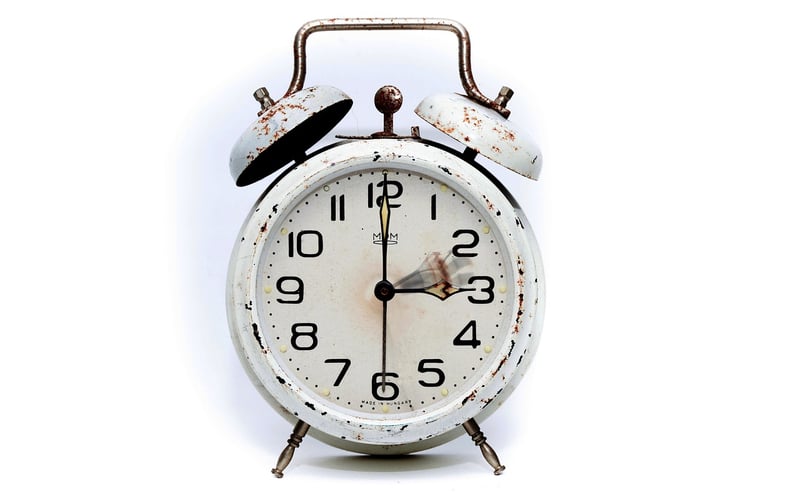Causal Loops
The Fascinating World of Temporal Conundrums and Causal Loops

Time travel has been a popular concept in science fiction for decades, captivating audiences with its complexities and paradoxes. Two common themes within this realm are temporal conundrums and causal loops, both of which present mind-bending scenarios that challenge our understanding of time and causality.
Temporal Conundrums
Temporal conundrums refer to situations where the timeline becomes twisted or contradictory, often leading to paradoxes. One famous example is the grandfather paradox, where a time traveler goes back in time and prevents their grandfather from meeting their grandmother, thus preventing their own birth. This then raises the question – if the time traveler was never born, how could they travel back in time to prevent their own birth?
Causal Loops
Causal loops, also known as closed timelike curves, involve events where the cause and effect are intertwined in a continuous loop with no discernible beginning or end. In such loops, an event is its own cause, creating a self-perpetuating cycle. The classic example is a time traveler receiving blueprints for a groundbreaking invention from their future self, then later inventing the same device and passing the blueprints back in time to their past self.
Implications and Theories
These temporal conundrums and causal loops raise profound questions about determinism, free will, and the nature of reality. Philosophers and scientists have debated whether time travel is theoretically possible and what consequences it may have on the fabric of the universe.
The Novikov Self-Consistency Principle
One proposed solution to the paradoxes associated with time travel is the Novikov self-consistency principle, which suggests that any actions taken by a time traveler in the past must be consistent with the timeline they originated from, thus avoiding paradoxes.
Alternate Timelines and Multiverse Theory
Another theory posits that any changes made by a time traveler would create alternate timelines or parallel universes, where different outcomes exist concurrently. This concept aligns with the multiverse theory, which suggests the existence of multiple universes with varying physical laws and constants.
Conclusion
Temporal conundrums and causal loops offer a captivating glimpse into the complexities of time and causality, sparking imagination and philosophical inquiry. While the feasibility of time travel remains a subject of speculation, exploring these concepts allows us to ponder the intricate nature of reality and the mysteries that may lie beyond our current understanding.
For more intriguing insights into the world of science fiction and theoretical physics, check out Space.com.
